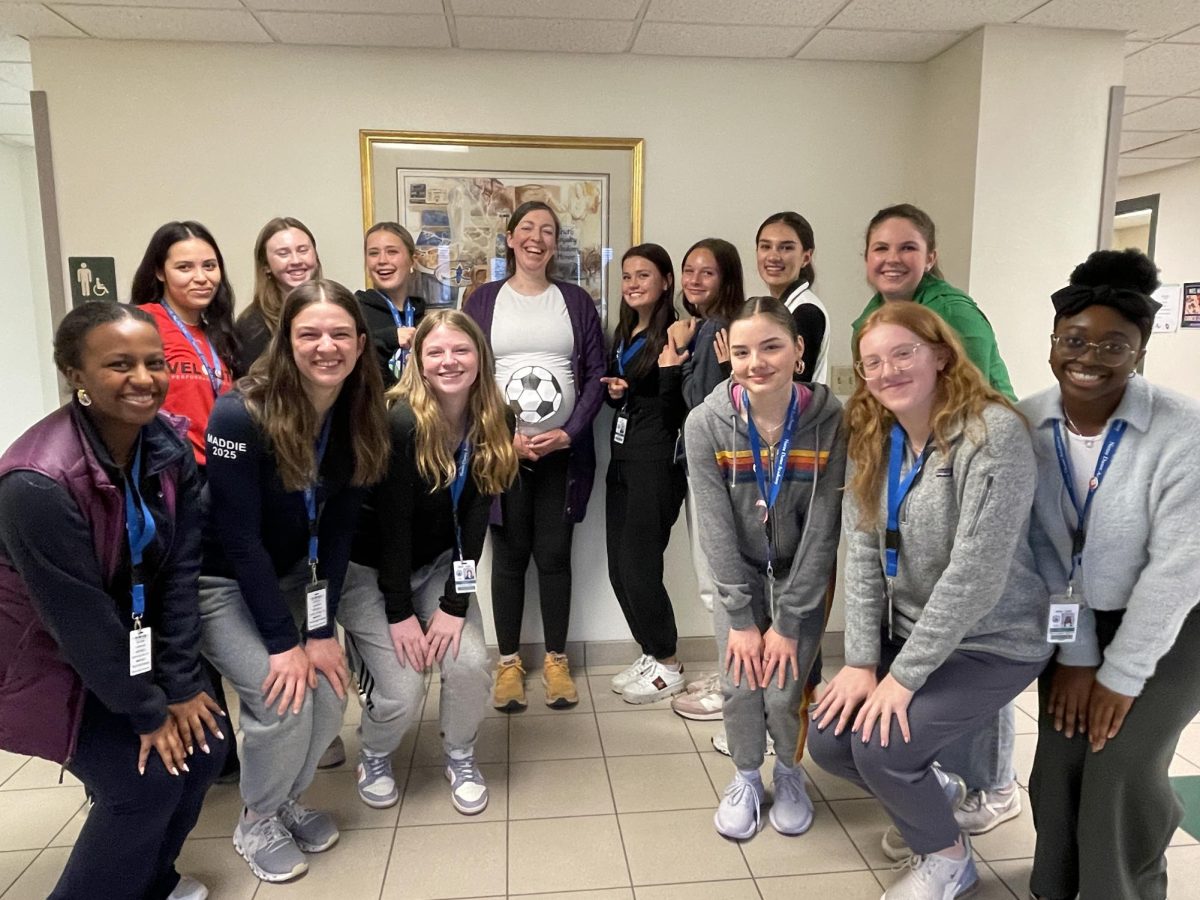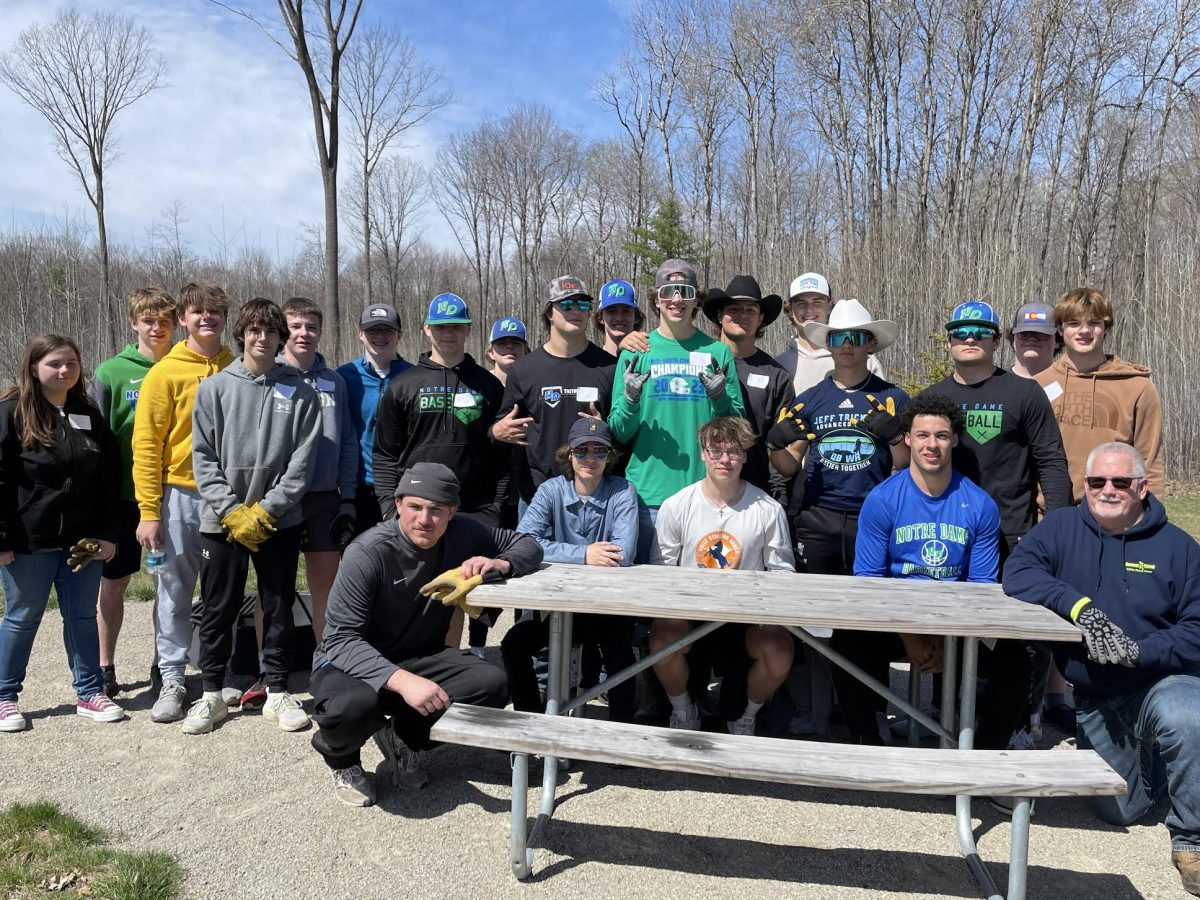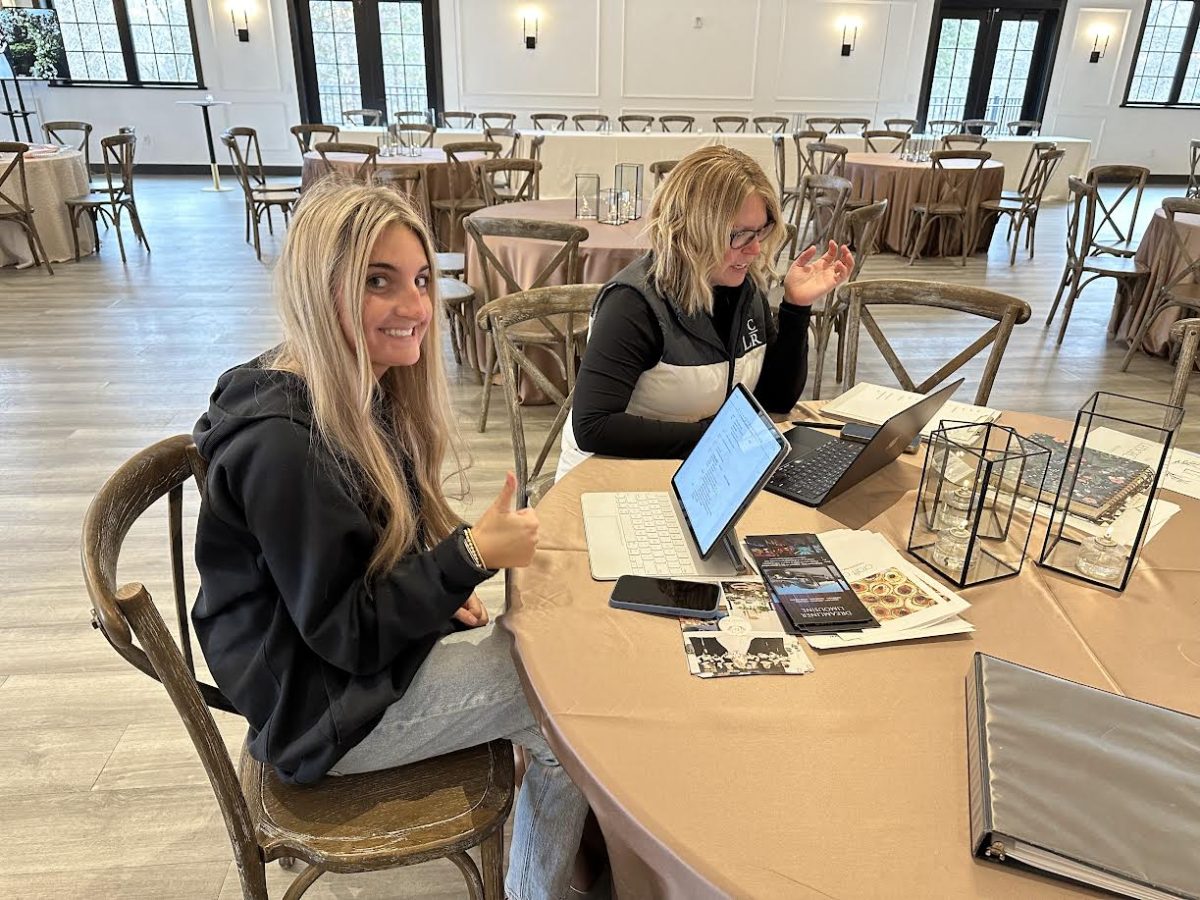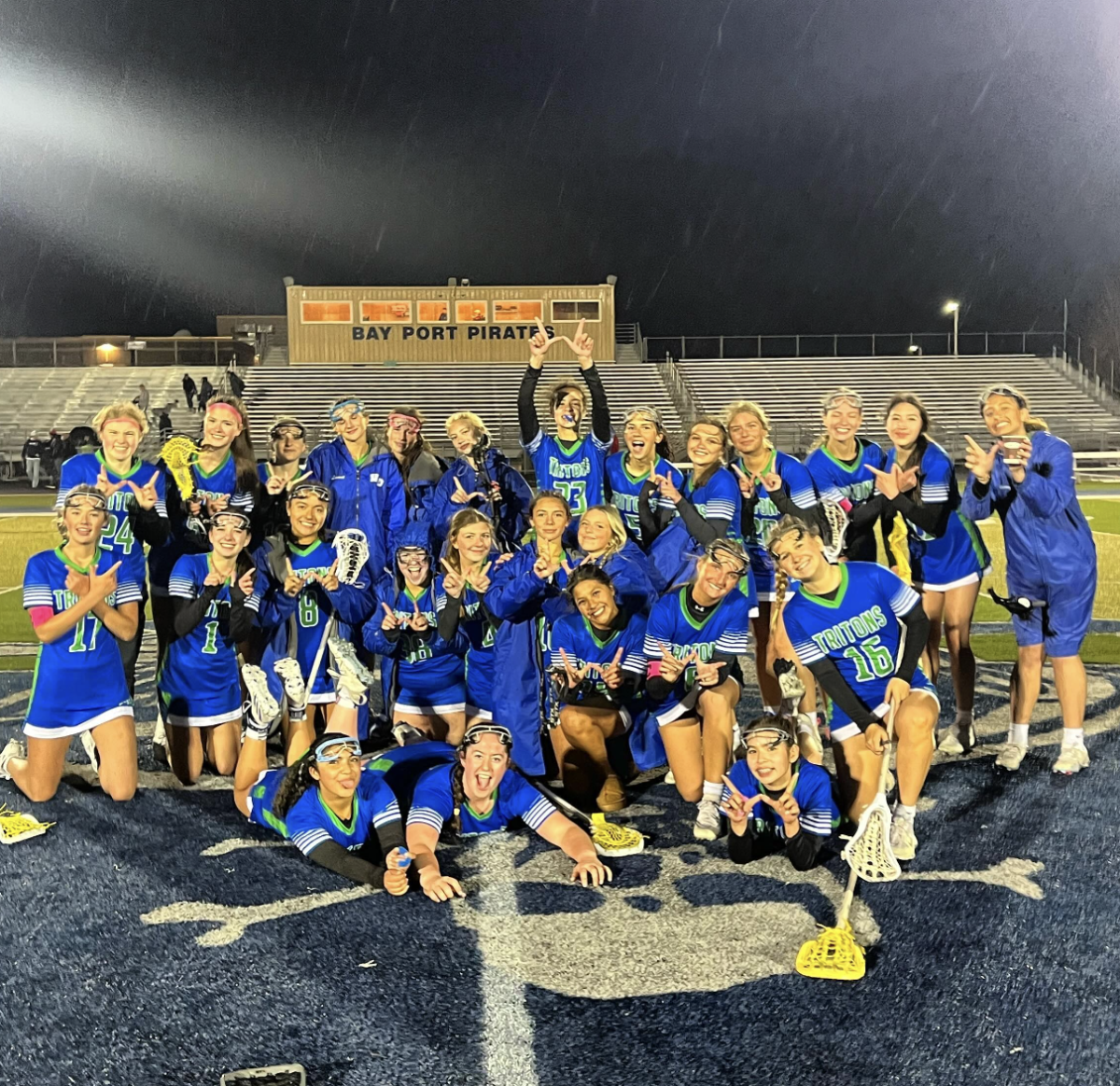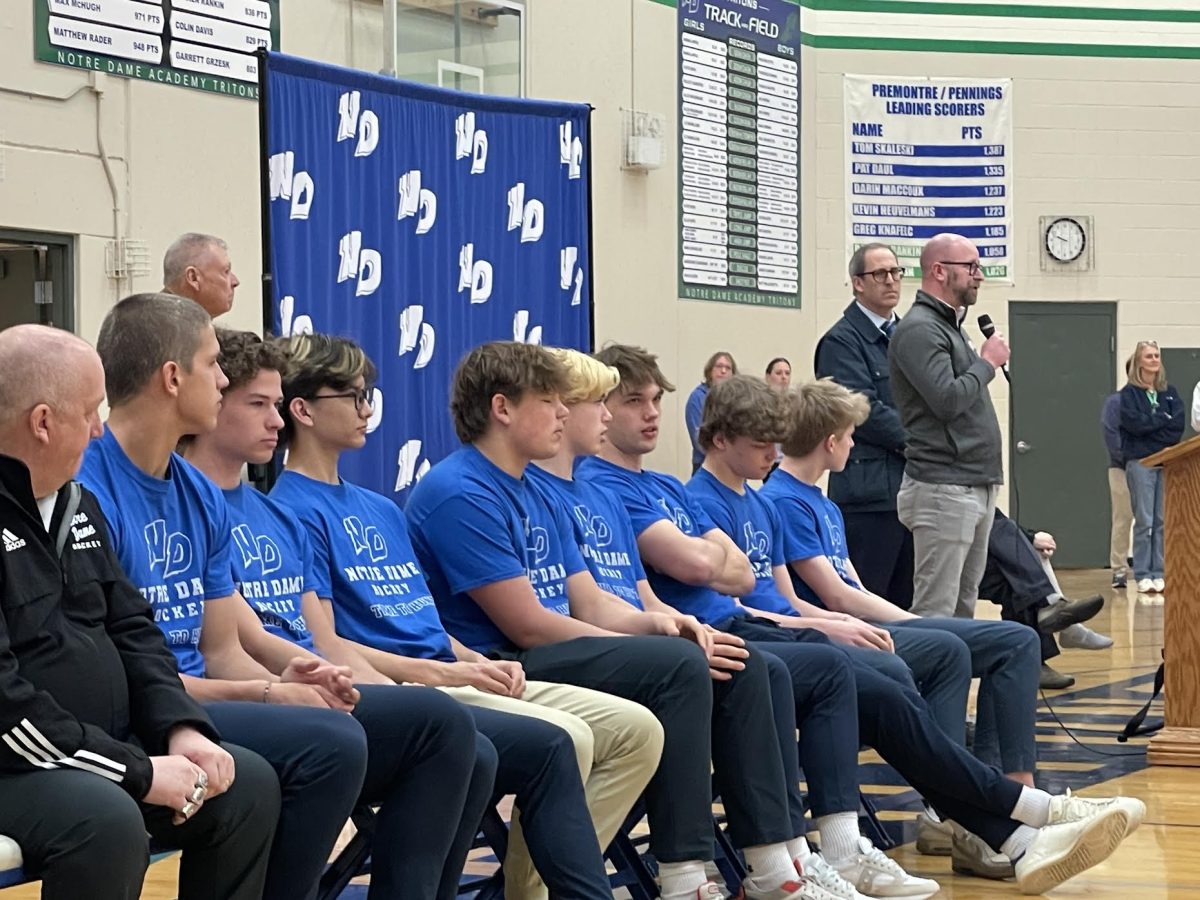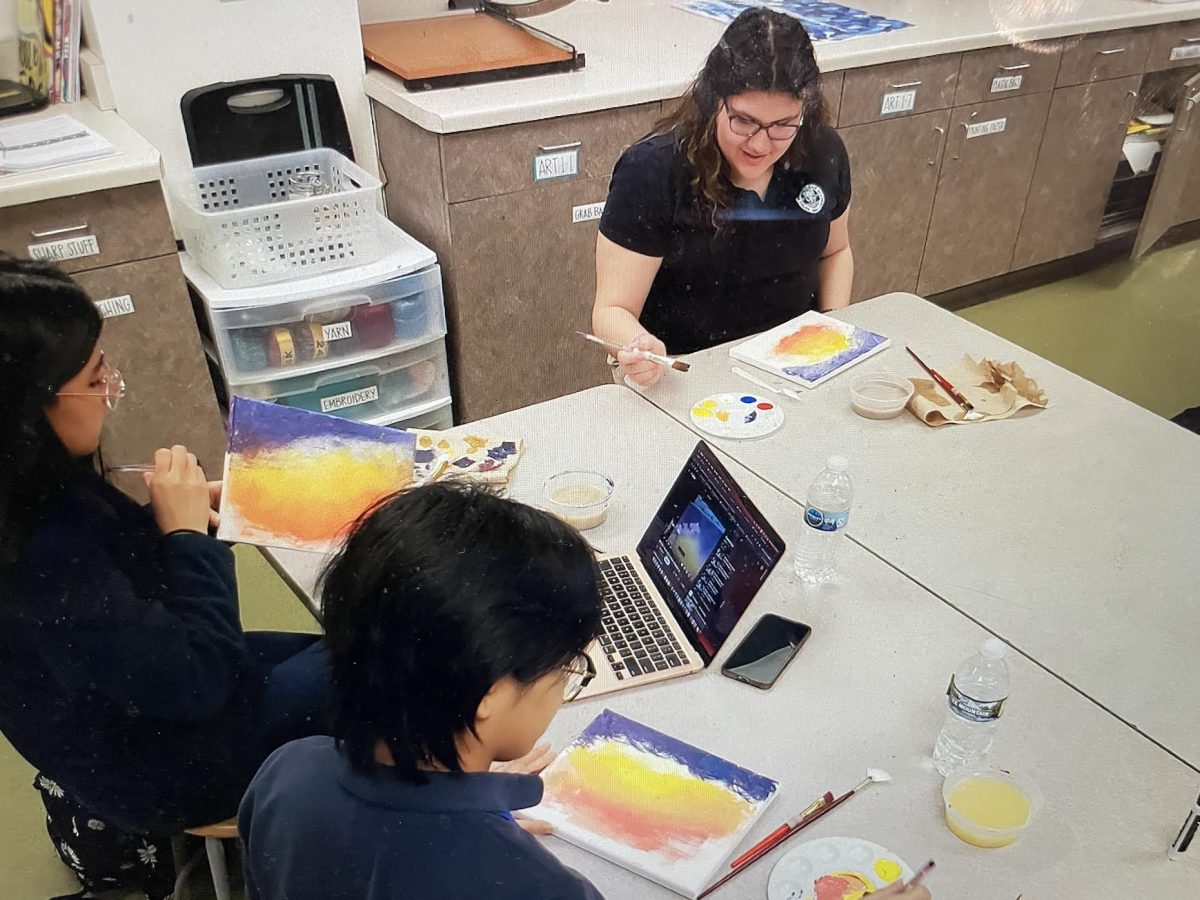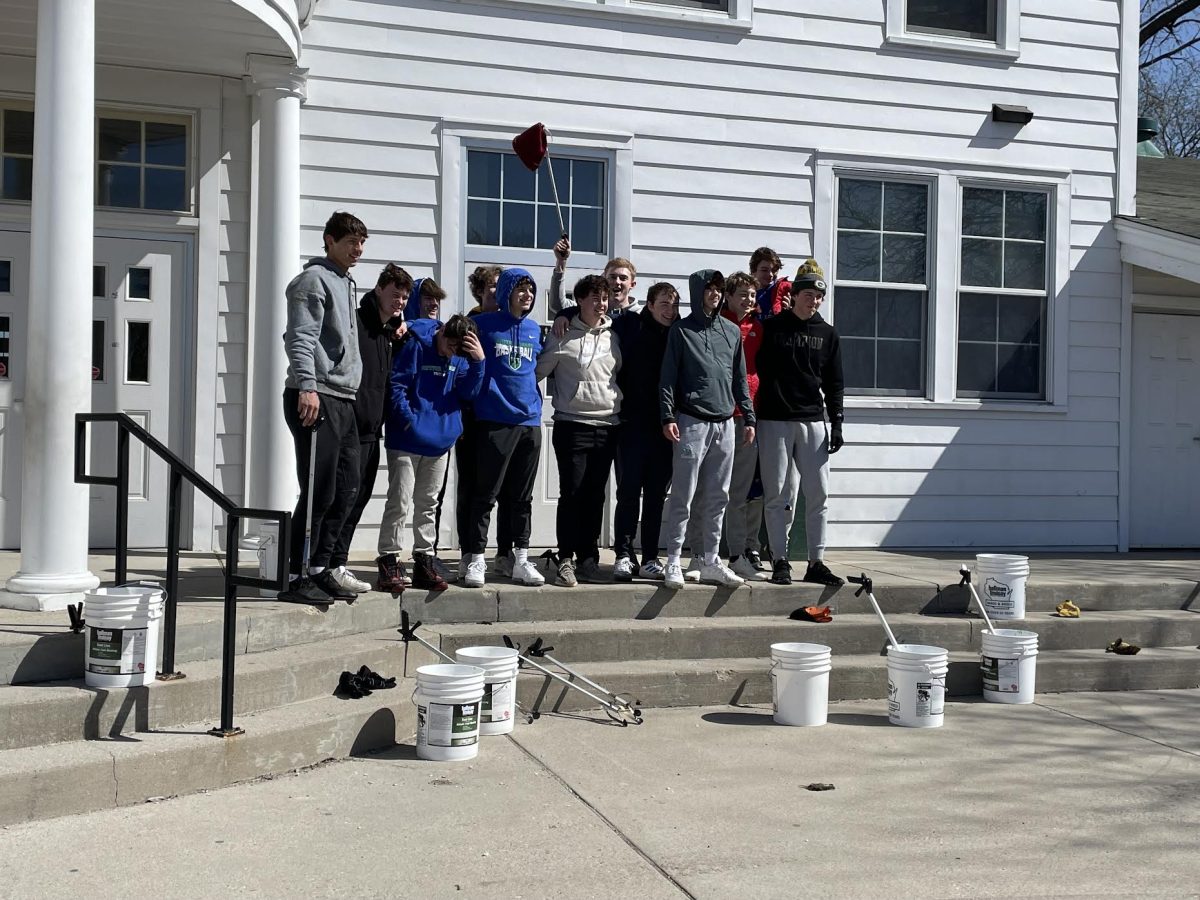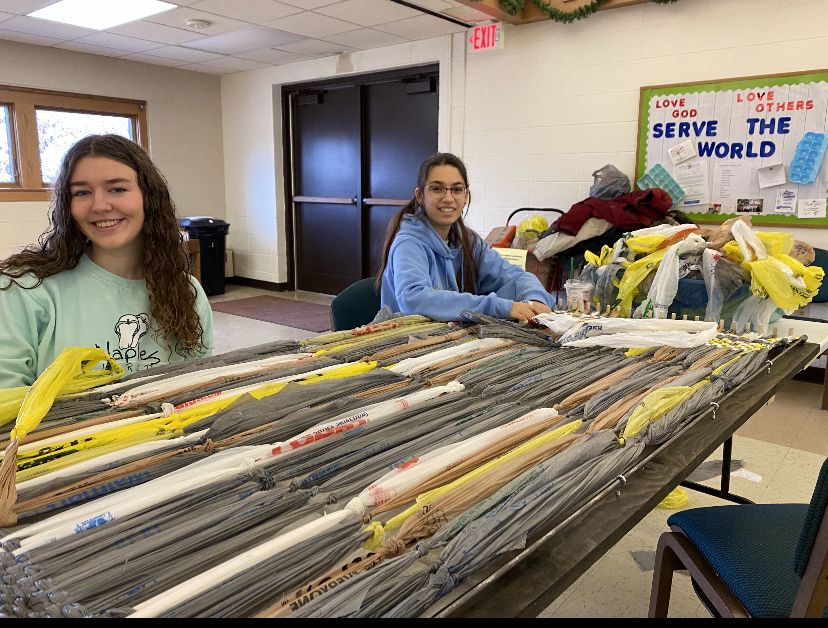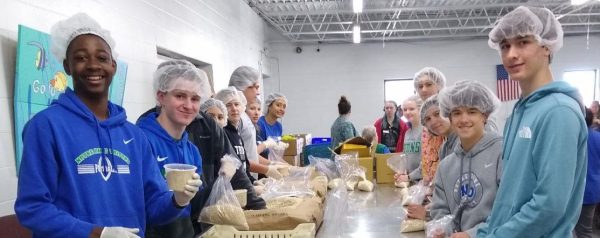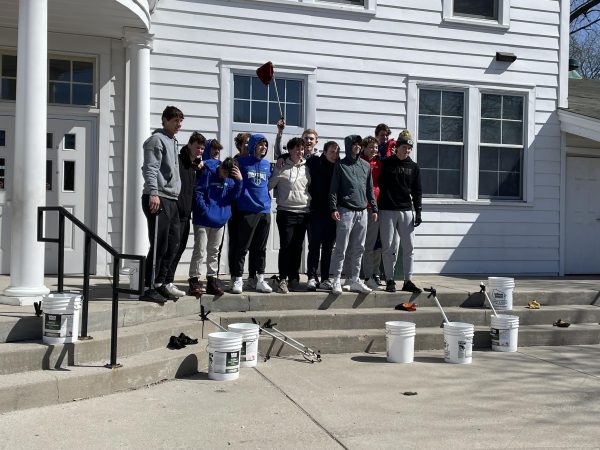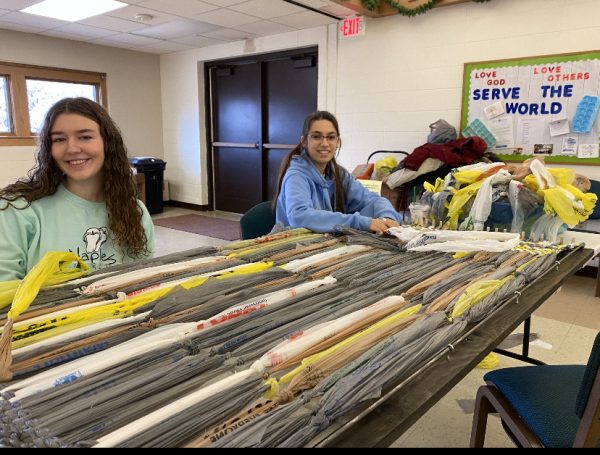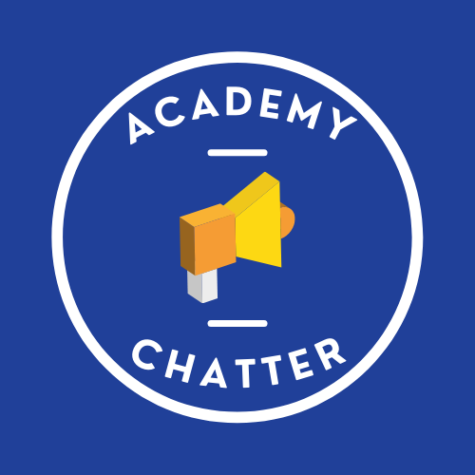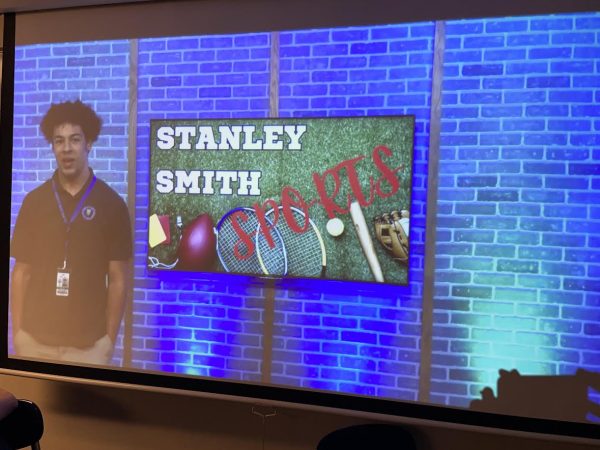Survival Tips: How to Do Well on Final Exams
December 14, 2015
With finals right around the corner here at NDA, many students are cracking down and studying to get a head start in reviewing for their exams. Some find it difficult to put in the time and effort to achieve their preferred grade, and others just can’t sit still for as long as necessary.
Many NDA students who have taken a class taught by Mrs. Hearden know that she provides them with study schedules and acquired study skills in an attempt to prepare her students for exams. Other students are planning on taking advantage of the “Study Tables” scheduled for December 19. Below is a collection of helpful tips and studying tricks gathered from your classmates to assist students through the next couple of weeks.
Notecards. The most simple and basic study technique may also be the best. Many people swear by these, such as freshman, Maya Abujamra. “I make flashcards for every quiz or class in every single class. I know that if I know my flashcards backwards and forwards I’m close to being fully prepared for whatever we have to do.”
Flashcards are a great way to study vocabulary, and the best thing about them is the fact that they are cumulative. When finals roll around, all some people have to do is collect all of their notecards from past assessments. and they’re halfway there.
Study a little bit every day. Many teachers recommend this because then students aren’t overwhelmed when it is time for finals. Freshman Elizabeth Schaupp is a fan of this technique: “Mrs. Hearden tells us all the time to study a little bit every day, and it’s really helped me in ICP. I don’t have to relearn everything the night before the big test.”
Be an active studier. If you’re one of those people who only reads through his notes for the chapter on the ride to school the morning before the big test, you may want to rethink your methods. This is an example of passive studying, and studies have shown that these tend to be less successful than more aggressive techniques. Instead of just reading, a student could rewrite the notes or examples in preparation. This can be especially helpful when it comes to essay questions and calculations.
Math equations can be hard to remember, especially if you learned them at the beginning of the year. Working through examples is a great way to review and help you retain the information better.
Grace Balison says that re-writing essay questions helps her remember details she could have missed. “Lots of teachers give you the questions before the test so you kind of have an idea about what you need to know. I write as much as I know and then go back to my notes and add anything I missed. Then I go through and write it all out another time.”
Take advantage of study opportunities. A prime example is the Study Tables offered on December 19 from 2-5pm. Being in a school environment with your classmates and teachers to help is good motivation to get work done.
Clare Ravizza, a sophomore, definitely hopes she will be able to make the date. “I find it hard to stay focused when I’m studying at my house, and I feel like being surrounded by other students working hard would help encourage me to use the time more wisely.” This is also a great place to study with a group and get classmates’ input and help on study guides and other assignments.
PUT YOUR PHONE AWAY. This distraction could make or break your grade, depending on your self-control. Multi-tasking is a bad habit, and sometimes simple tasks can take hours if students are halfhearted.
“I know that I always study better when my phone is in another room. If I see it light up or hear a buzz, I automatically stop focusing. I also study better with quiet classical music playing,” said Rachel Philipp, a sophomore. This is true for many students, and it’s best to completely shut your phone down when studying.
Most importantly, remember to take a break and breathe. No grade is worth the sacrifice of your health and sanity, and sometimes a nice snack break or nap can completely alter your attitude and make the workload seem less stressful.
Stress is natural, but freshmen and seniors alike must remember not to let it overwhelm. You are completely in control of the outcome.


